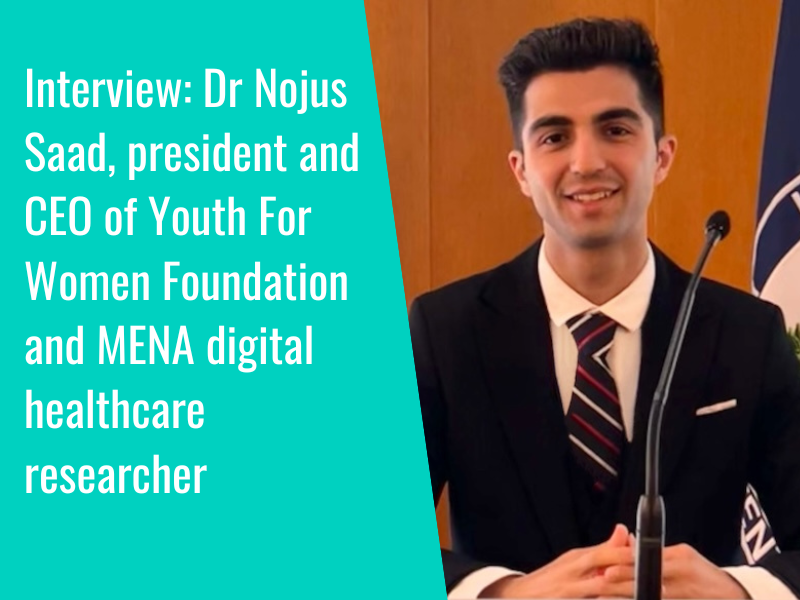Here, we take a look at the Royal Government of Cambodia’s “Cambodia Digital Government Policy for 2022-2035”, to see what insights it offers into digital health and health priorities for the years ahead. The policy documents state that “successful digital transformation is the main foundation for the Royal Government to achieve the ultimate goal of providing public services to meet the needs of the people at all times and places”. With this in mind, the government notes a need to implement future strategies on modernising and expanding digital infrastructure connectivity, building the “support ecosystem for research and innovation”, and engaging in “capacity building of civil servants through digital technology”.
On building digital connectivity and infrastructure, the policy sets out priorities for health in relation to digital services, online education and training, and online health counselling and diagnosis. It also talks about developing the “digital identity infrastructure” in terms of digital identities used to operate digital platforms, with plans to continue setting up a Health ID and Digital ID for citizens.
Around digitally transforming public services, the government’s wider digital priorities include building a collaboration platform involving centralised comms systems (email, chat and video conference), workflow management systems, and knowledge sharing systems. On health specifically, the government plans to develop an “Integrated Health Information and Service Management System”, by establishing a digital platform and organising digital identities and records for patients, “to support service provision, decision-making, patient and facilities management, and research and planning in the health sector”.
The government also presents a study report on the “situation of digital government in Cambodia”. It highlights that the Ministry of Health’s information systems include the Cambodia Pharmaceutical Online Registration System, focusing on the online registration of medicines and equipment; the Health Management Information System, and the Information Communication and Technology System for National Quality Enhancement and Monitoring Program.
The policy finishes by noting the importance of setting “achievable and specific visions for each phase”, with a smart government being possible, but “only after all ministries and institutions, including subordinating units, have fully completed digitalization”. It proposes that through “successful handling of the structural challenges”, Cambodia might be able to attain a “Level 3 of digital government maturity in the next five years”.
To read the policy in full, please click here.
Also on national digital strategy and transformation, we took a look at the “Digital Health Blueprint 2023-2033” from The Department of Health and Aged Care in Australia, which sets out a ten-year roadmap for digital health technologies and presents “a more personalised and connected health and wellbeing experience for all Australians”. Alongside the blueprint is an action plan, set to be updated continuously to reflect changes in the digital health landscape.
- 1
- 2

















